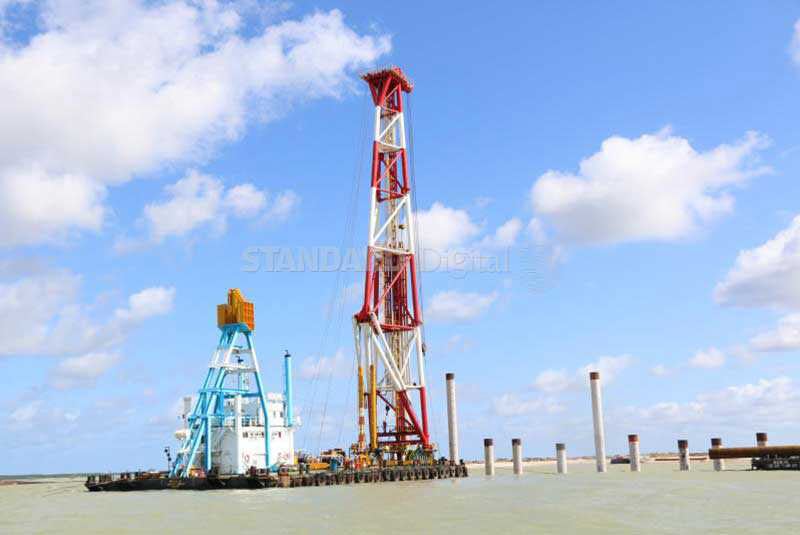×
The Standard e-Paper
Join Thousands Daily

On May 13, a four-Judge bench at Malindi, comprising Justices Pauline Nyamweya, Joel Ngugi, Beatrice Jaden and John Mativo ordered the Government to pay Sh1.76 billion in compensation to 4,600 fishermen in Lamu County affected by the Lamu Port-South Sudan-Ethiopia (Lapsset) project.
While making this award, the judges cited violations of the Constitution and affront on the lives of the residents.